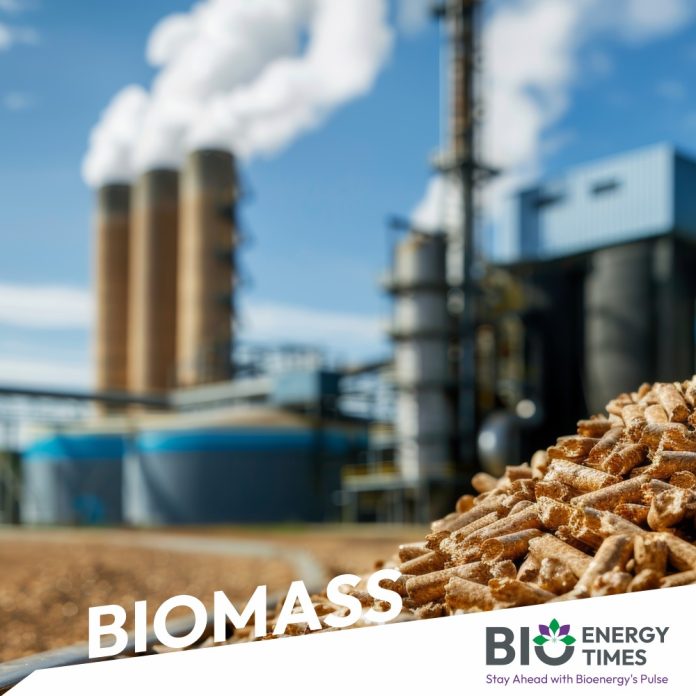Arbios Biotech has completed construction of its state-of-the-art Chuntoh Ghuna facility in Prince George, British Columbia. This cutting-edge plant, designed to produce 50,000 barrels of bio-oil annually, uses Licella’s Cat-HTR hydrothermal liquefaction (HTL) technology to transform forest residues and woody materials into renewable bio-oil. The bio-oil can then be refined into low-carbon transportation fuels, advancing global efforts towards a carbon-neutral future.
“This milestone is a testament to our vision of building a circular bioeconomy where waste becomes a valuable renewable resource,” said Rune Gjessing, CEO of Arbios Biotech. “We deeply appreciate the collaboration of governments, the Lheidli T’enneh Nation, and all contributors who made this vision a reality.”
The facility was developed in partnership with the Lheidli T’enneh First Nation, on whose unceded territory it is located. The Nation named the facility Chuntoh Ghuna, meaning “the forest lives” in the Dakelh language.
Chief Logan of the Lheidli T’enneh Nation emphasized the importance of sustainability, stating, “We are proud to see Chuntoh Ghuna come to life, reflecting shared values of a sustainable bioeconomy. This project shows what can be achieved when Indigenous communities and industry collaborate meaningfully. We look forward to the benefits this facility will bring as we move towards a low-carbon future.”
The Chuntoh Ghuna facility received significant support from the British Columbia government under the Low Carbon Fuel Standard (LCFS) Initiative Agreement Program. Additional funding during its development came from Sustainable Development Technology Canada, the BC Innovative Clean Energy Fund, and Natural Resources Canada’s Clean Growth Program.
Chuntoh Ghuna is a model for scaling up biofuel production as the largest HTL facility in the world. Its design can be reproduced worldwide to help abate greenhouse gases and facilitate the transition to clean energies. Beyond contributing to the global environment, it helps create job opportunities and supports long-term partnerships with indigenous communities.
The facility has begun its commissioning phase and will start operations by 2025. Arbios Biotech continues to push forward for the advancement of sustainable biofuel technology and forging partnerships that would benefit both the planet and the local community.
For detailed information and further insights, please refer to BioEnergyTimes.com, which provides the latest news about the Biomass Industry














